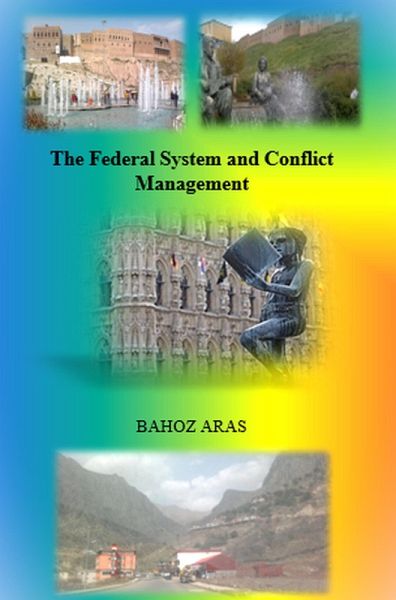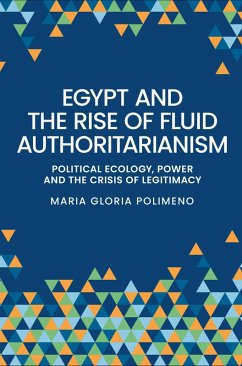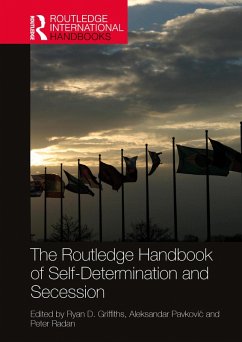
The Federal System and Conflict Management (eBook, ePUB)
Versandkostenfrei!
Sofort per Download lieferbar
8,99 €
inkl. MwSt.
Weitere Ausgaben:

PAYBACK Punkte
0 °P sammeln!
For many decades, federalism has played a vital role in managing ethnocultural conflicts and establishing peace in countries with diverse cultures or historical regions. Nevertheless, it is essential to understand why federalism has evolved. How does the federal system contribute to the management of conflicts and the restoration of societal peace? The purpose of this book is to examine the reasons for the rise of federalism. The purpose of the study is to evaluate a newly developed federal case, the Kurdistan autonomous region (Southern Kurdistan), and its impact on peace and conflict in the ...
For many decades, federalism has played a vital role in managing ethnocultural conflicts and establishing peace in countries with diverse cultures or historical regions. Nevertheless, it is essential to understand why federalism has evolved. How does the federal system contribute to the management of conflicts and the restoration of societal peace? The purpose of this book is to examine the reasons for the rise of federalism. The purpose of the study is to evaluate a newly developed federal case, the Kurdistan autonomous region (Southern Kurdistan), and its impact on peace and conflict in the country. This case provides a valuable example of how federalism can address and resolve long-standing conflicts within a diverse society. Several lessons can be learned from Kurdistan's success in promoting peace through federalism for other regions wishing to achieve lasting peace. This case is particularly interesting in that it involves a new federal case that arises in a region where compromise and respect for diversity are nonexistent in political discourse and thinking. The rise of federalism can be explained by examining the nation-state in its entirety, and then the rise of the federal Kurdistan region, which embodies the arguments I have presented for its emergence. As a follow-up to my examination of a new federal case, I will also examine other federal cases in my next book, which I am currently writing. For example, Belgium, Germany, Spain, and South Africa will describe how political leadership and other factors contributed to changing political institutions. By examining how federalism can promote political stability and social progress, this study will provide valuable insight and also facilitate the design of more effective federalist systems in other countries.
Dieser Download kann aus rechtlichen Gründen nur mit Rechnungsadresse in A, B, CY, CZ, D, DK, EW, E, FIN, F, GR, H, IRL, I, LT, L, LR, M, NL, PL, P, R, S, SLO, SK ausgeliefert werden.













